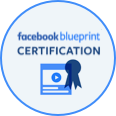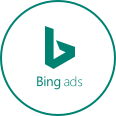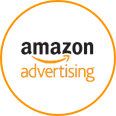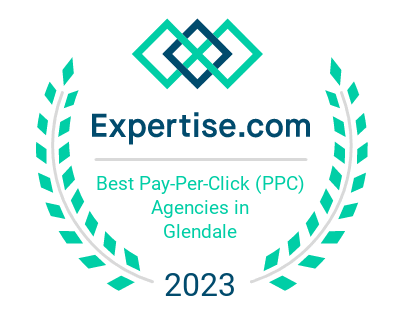
 PPC stands for pay-per-click, a type of internet marketing in which advertisers pay fees each time a user clicks on their ads. In this model, you’re paying for traffic to your site, rather than earning it organically or with choreographed SEO.
PPC stands for pay-per-click, a type of internet marketing in which advertisers pay fees each time a user clicks on their ads. In this model, you’re paying for traffic to your site, rather than earning it organically or with choreographed SEO.
Most people are unfamiliar with the intricacies of PPC advertising, and give up quickly when they don’t see an immediate return on their investment. We’re not saying PPC advertising is easy, but we do believe it’s worth the effort, as PPC is one the most effective tools for converting sales.
Here are a few great PPC lessons that will get you on track for success:
Reimagine Your Account Structure
Most beginners to AdWords create a single campaign with one ad group, and call it a day. The tendency to throw everything you’ve got into one basket is not the best strategy when it comes to PPC.
Visualize your website and your company’s various offerings. If you have 10 product categories, each with its own unique tab or landing page, it’s wise to break each product off into separate ad groups.
If you were planning to break up a market by language or country, this would be a good place to separate your campaigns, with each language or country belonging to its own category and with its own unique ad groups.
Think About the Links
In the previous point, we mentioned landing pages, and how it’s common to have product groups organized on different pages. Websites are typically organized like this for SEO reasons, which is great because these internal pages can be powerful tools for PPC.
Most people rely on the company’s homepage for nearly every link in a PPC ad; it’s the destination you assign to an ad that takes users to a specific location on your site.
While the homepage might be useful sometimes, it’s not the best URL to use if you’re marketing a specific product or service. Use URLs that get people as close to what you’re marketing as possible. Make it easy for them to find the information or products they want; don’t make them go digging around for it on your homepage.
Don’t Underestimate Ad Extensions
Ad extensions give users more reasons to engage with your ad; they’re extra bits of information that, depending on the offering, can help increase CTR. Popular extensions include things like live links to particular pages, images, or even customer reviews.
In addition to providing useful information, ad extensions give PPC ads a bit more bulk compared to ads that don’t, which can make all the difference when battling for the user’s attention.
This is but the tip of the PPC iceberg. However, these three important points won’t steer you wrong as you develop a better understanding of Pay-Per-Click marketing.









